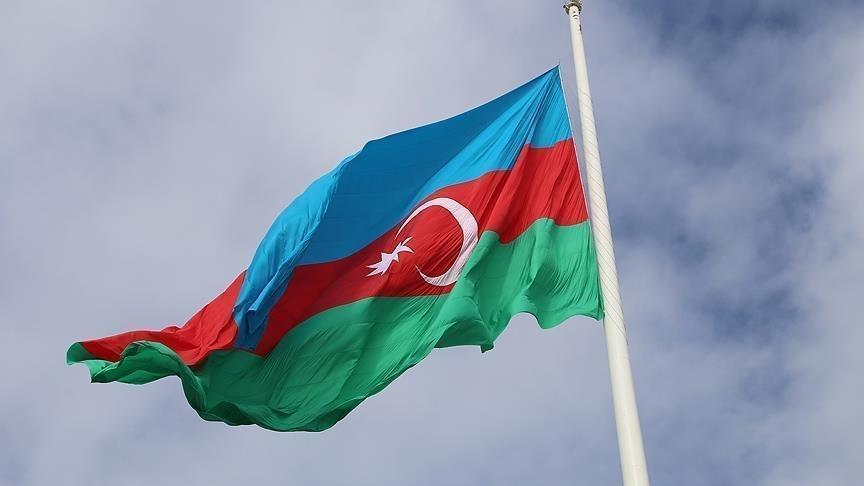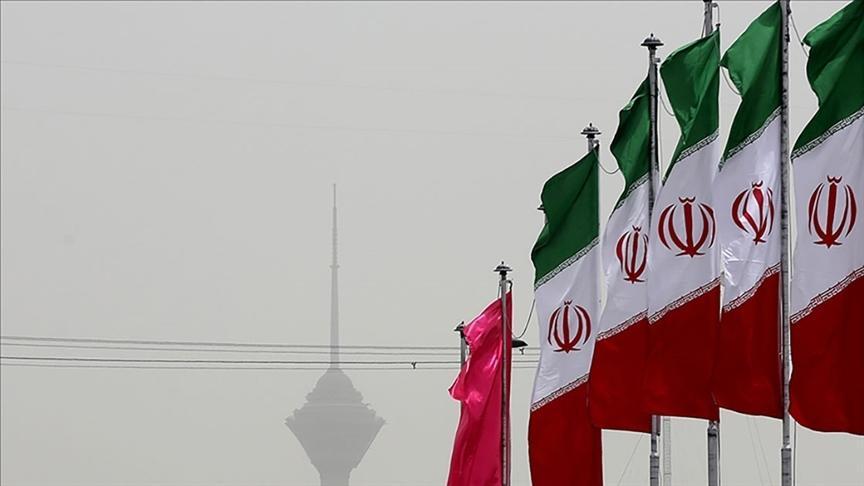Sex workers in Istanbul relate lives in new book
ISTANBUL- Hürriyet Daily News

According to reports there are approximately 100,000 sex workers in Turkey, but only 3 percent have licences. Hürriyet photo
While sex work and those employed in the trade are still a major taboo for many in Turkey, a recent book narrates the conditions of the job in Istanbul by speaking face to face with female sex workers.Written by sociologist Aslı Zengin, the book departs from Turkey’s 2007 general elections, in which two formerly licensed sex workers announced their candidacies. Although neither Ayşe Tükürükçü nor Saliha Ermez was elected to public office, their groundbreaking act provided a catalyst for Zengin to bring the conditions of sex work to the public realm.
In her book “İktidarın Mahremiyeti” (Intimacy of Power), Zengin discusses how licensed and unlicensed sex workers deal with regulations and the state mechanisms that control sex work in Turkey.
According to the book, the police’s registration of women as sex workers stopped after 2001, meaning that many women have since had to work without a license, forcing them to either attempt to evade the police or pay bribes.
Zengin said she learned many brothels were closed down after 2001 upon the death of their owner, Turkey’s most famous brothel owner and top tax payer, Turkish-Armenian Matild Manukyan.
“A huge number of licensed sex workers were forced onto the streets and since then, the registrations have stopped,” Zengin writes.
There are currently 3,000 registered female sex workers at Turkey’s 56 licensed brothels, but roughly
97,000 more unlicensed workers are thought to exist.
Kadın Kapısı (Woman’s Door), a nongovernmental organization that works with sex workers in Istanbul, said that although many woman prefer to work as licensed sex workers, only 3 percent of them can do so.
“The situation is no different for transsexual workers,” lawyer Fırat Söylemez told Hürriyet Daily News.
“Their application is turned down even after they go through the medical process and receive the pink identity cards” that officially categorize them as women.
While licensed women complain about the extreme working hours and conditions, such as not being able to live outside of the brothel, the unlicensed also say they have to run away from the police constantly or bribe them so that they are not apprehended, according to the book.
During their conversations with Zengin, the female sex workers talk about many topics, from bribing or sleeping with the police to how they arrange to acquire temporary houses to do their jobs. Prostitution can be legally practiced in Turkey.
















